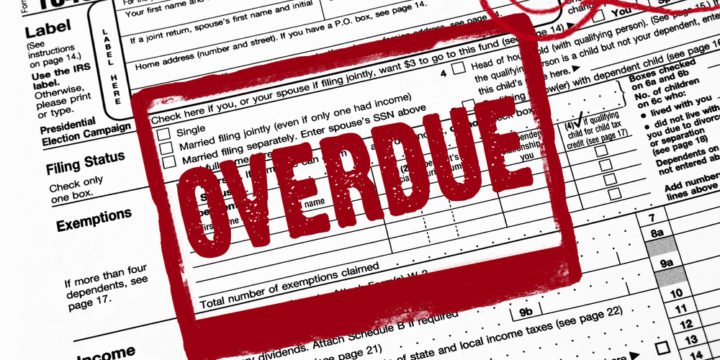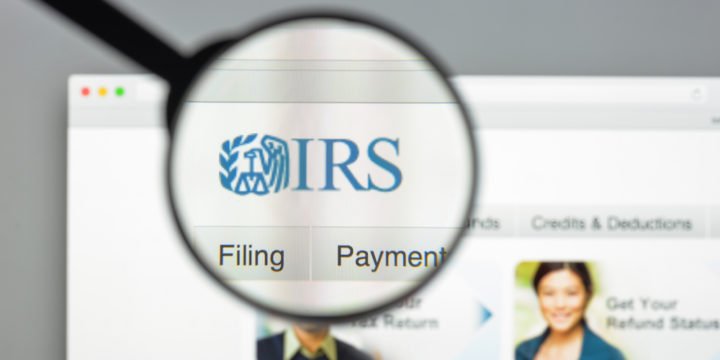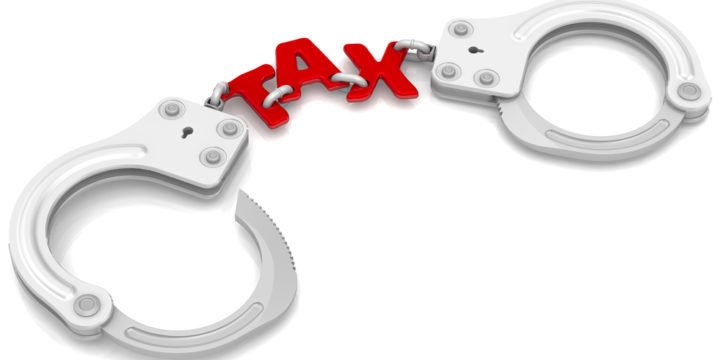
The IRS Has Deferred 2020 Income Tax Payments by 90 Days. What Happens in 90 Days?
By Anthony Diosdi Treasury Secretary Steven Mnuchin recently announced that the Internal Revenue Service (“IRS”) is deferring income tax payments for the 2019 tax year by 90 days. Steven Mnuchin says that taxpayers will not be assessed interest and penalties on the late payments. According to Mnuchin, individuals can defer up to $1 million in federal taxes. Businesses can defer up to $10 million in federal taxes. The deferral is only available for tax payments. It does not permit the deferral of payroll taxes or estate and gift taxes. The announcement also does not impact estimated tax payment requirements. As of now, the income and corporate tax filing deadlines still have not pushed back. Although the announcement this is a step in the right direction. It does not go nearly…








